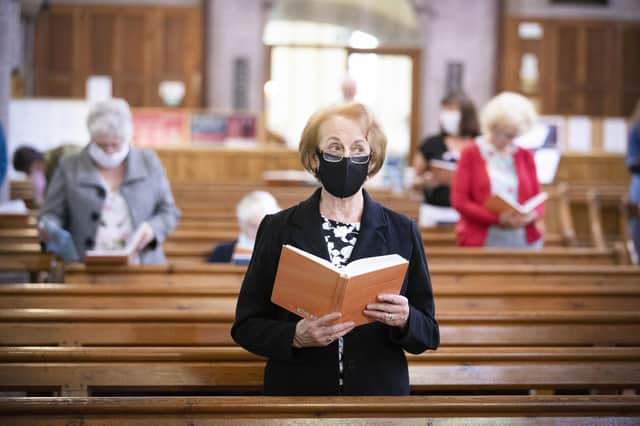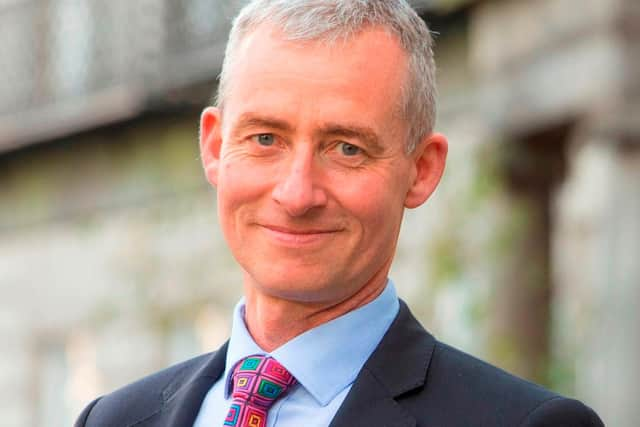There's a sting in this tale of ‘twa kingdoms’ - Brent Haywood


As part of its measures to control the spread of coronavirus, the Scottish Government decided that public worship would not be permitted. Whatever your personal view on the justification of such a restriction, from a legal perspective, an outright ban of this nature was ruled by the courts to be unlawful. The blanket ban was therefore struck down.
As all manner of events surrounding all that has happened during the pandemic continue to be analysed, the significance of that ruling should not be overlooked, drawing as it did on important principles of Scotland’s constitution and the European Convention on Human Rights.
Advertisement
Hide AdAdvertisement
Hide AdWhen the ban on worship was imposed, Lindsays was instructed by a large group of concerned religious leaders to consider the lawfulness of the restriction.


The argument advanced for the 27 church leaders who petitioned for Judicial Review was two-pronged.
Firstly, that the Scottish constitution protected citizens’ rights to gather for public worship and that, by imposing a blanket ban, the state had unlawfully encroached into spiritual matters – the separation of church and state being a principle of law, rooted in the Scottish constitutional doctrine of “the twa kingdoms”. In essence then, the State had crossed the line into the affairs of the church.
Secondly, the imposition of a blanket ban on public worship amounted to a contravention of the basic right to freedom of thought, conscience and religion, as enshrined in European Convention on Human Rights. This being so, the court was empowered by the workings of the Scotland Act to grant relief to the petitioners.
So why, in the face of all the challenges surrounding the pandemic, was this action so important to those who took it?
Not since ‘The Killing Time’ (1680-88) had there been such restrictions placed on public worship – and those were dark times. Thus, the announcement that places of worship would be shut was therefore met with a mixture of bewilderment and disbelief by my clients.
Could the State really just flick a switch and ban people from gathering for worship?
Before looking to the court for help, a detailed letter was sent to Scottish ministers. The petitioners’ plea was that the State might reconsider what it had done; could the State not see that the blanket ban had crossed the line between the secular and the spiritual and that this infringed the doctrine of the “twa kingdoms” embedded by statute into the Scottish constitution?
Advertisement
Hide AdAdvertisement
Hide AdWe also wanted the State to look elsewhere and see that a blanket ban on worship breached the European Convention on Human Rights. Scotland was out of line with nations like France, Germany, USA and South Africa, not to mention the rest of the UK where people could continue to gather for worship.
This plea was met with a resounding ‘no’.
It seemed as though the State did not understand what the church leaders were trying to say, that notwithstanding all the considerations of public health relating to a pandemic, people being prevented from practising their religion constituted a disproportionate interference with both ancient and modern rights.
The case was advanced in court. Lord Braid ruled that the regulations had effectively prevented the petitioners from practising or manifesting their religion, however many broadcasts or internet platforms may exist. No good reason had been advanced for the rejection of other options such as reducing numbers or allowing churches to be open only for prayer. A blanket ban went too far.
We should not lose sight of the fact that it is not every day that Scottish Regulations are struck down. This was a momentous ruling. My hope is that its significance is not lost – nor that the resolve of those who chose to contend for their constitutional safeguards and religious freedoms will ever be dampened.
Brent Haywood is a Partner in Dispute Resolution and Litigation at Lindsays and a Solicitor Advocate